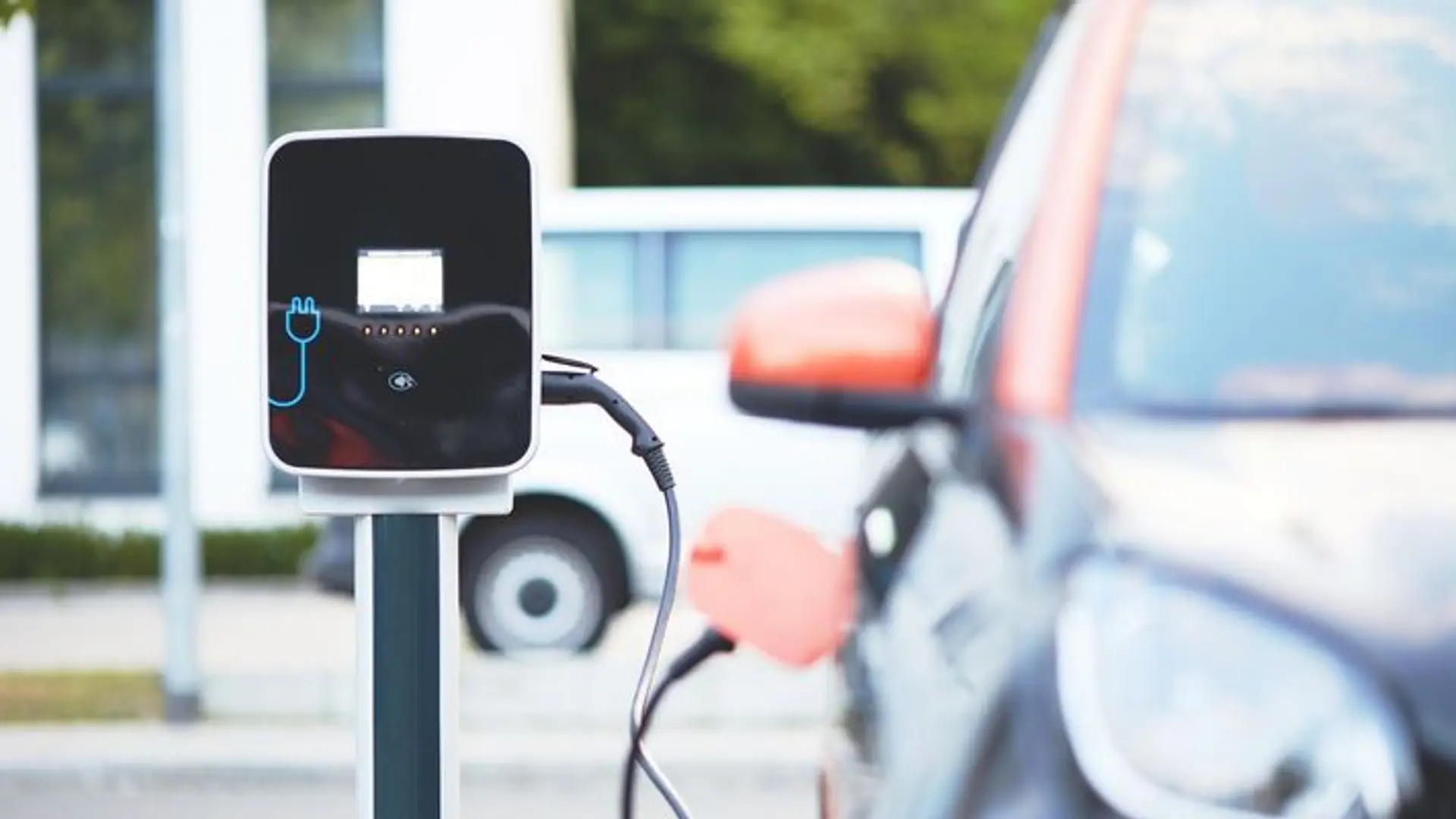Indian youth weigh in on what equality means to them
SocialStory asked youngsters—from various walks of life—their idea of an equal and just society, and here’s what they had to say.
According to the International Labour Organisation, social justice is fundamental to transforming a youth population into a skilled workforce.
India has the world's largest population of young people, and, thereby, the world’s youngest workforce. They envision justice and equality as fundamental rights not just on paper but in practice.
The youth—students and professionals—faced the most disruptions during the COVID-19 pandemic, first with the closure of schools and higher educational institutions, followed by a global healthcare crisis, economic recession, and a glaring disparity in access to basic resources owing to socioeconomic inequities.
They want to be part of the solutions for these challenges by actively practising community engagement, volunteering, and social activism.
On December 20, as the world observed International Human Solidarity Day, SocialStory asked youngsters—from various walks of life—their idea of an equal and just society, and here’s what they had to say.
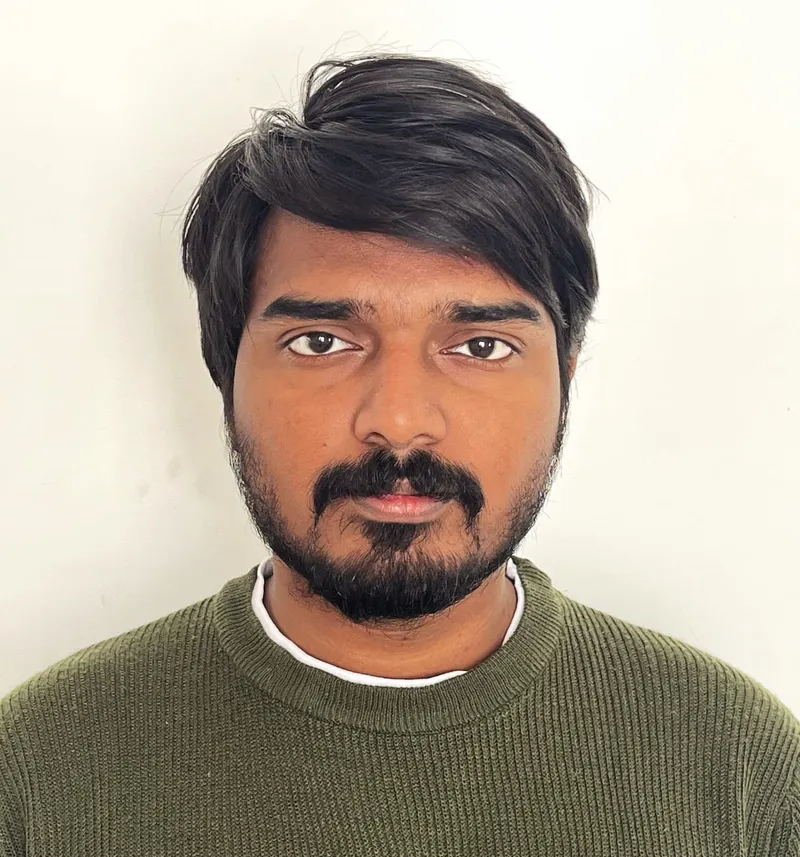
Surya Bharathi, 26, filmmaker, Chennai
I don’t think anything in this world is equal. There are laws and provisions created to benefit those who come from backgrounds that don’t have equal access to resources and opportunities.
As an assistant director, my salary would vary depending on who I am working for. As a small-town boy from Tiruppur, equality to me would be my workplace or my boss recognising the large gap that I have to fill—economically and socially—to live and work here and helping me do it.
Ezra Mohanta, 19, journalism student who identifies as transmasculine and non-binary, Bengaluru
Despite laws like the Transgender Persons Act and other government schemes, discrimination still happens when it comes to their implementation. Certain identities within the LGBTQIA+ community, such as transmen and those on the transmasculine spectrum, are still discriminated against.
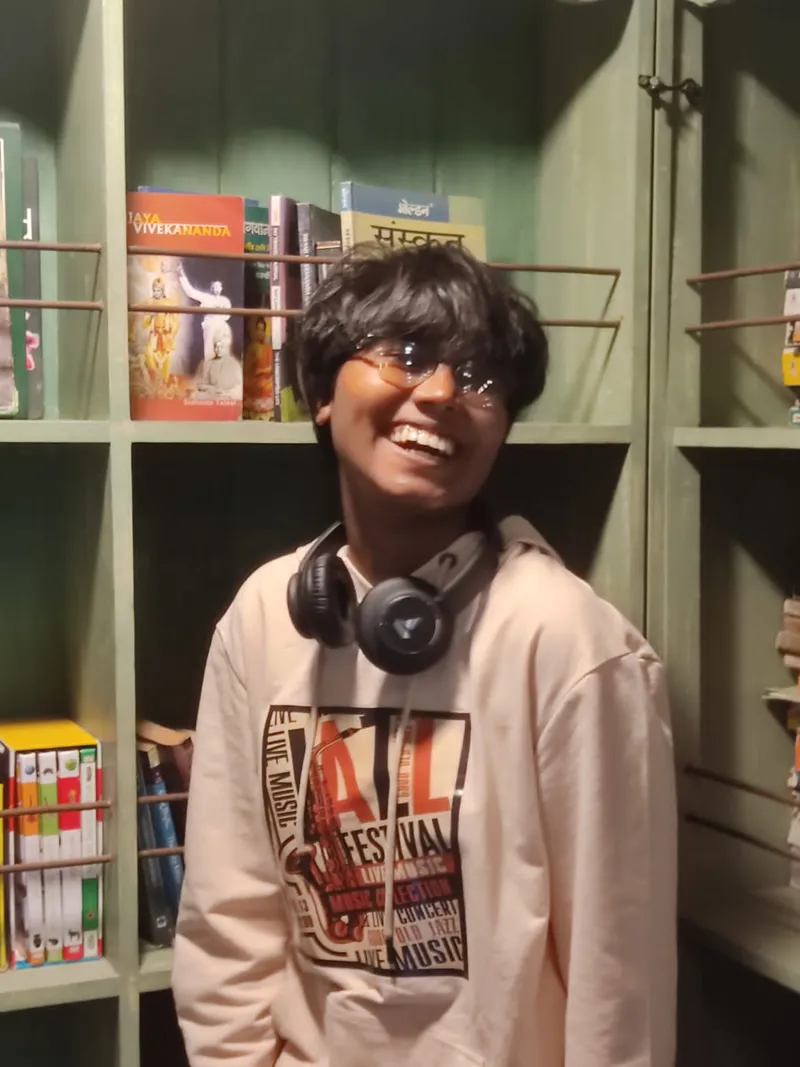
Without awareness about these identities and intersections, policies for healthcare, housing, and education for the community only benefit a select few, while others continue to fight for their basic rights.”
Khushi Kaushik, 19, Person with Disability and English literature student, Delhi
“A just and equal society is one where individuals are treated with equity rather than equality. Equality and justice are achieved when there is a secure environment where everyone can ask for accommodations with self-assurance, and when trials are made to accommodate a diverse collection of individuals.
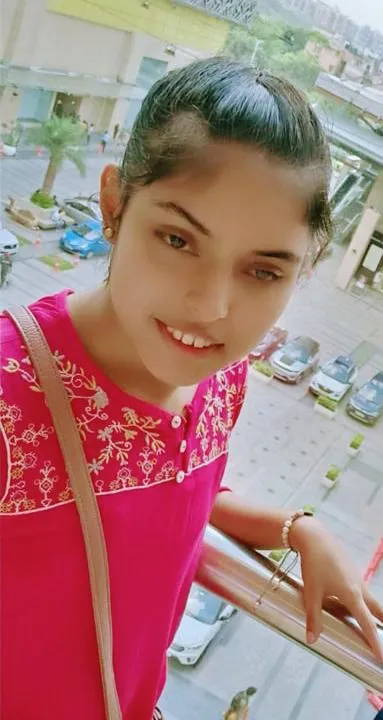
This emphasises the creation of possibilities for inclusion and access and recognises accessibility as a fundamental human right. Equality would exist in such efforts being made to ensure views from underrepresented groups are addressed and not ignored.
Ananya Venkatramanan, 20, psychology student, Chennai
The idea of a perfect meritocracy in India is blind to the fact that the starting point is different for different people. Meritocracy is based on hard work and ability, and this stems from having access to resources like tutors, textbooks, and even the internet.
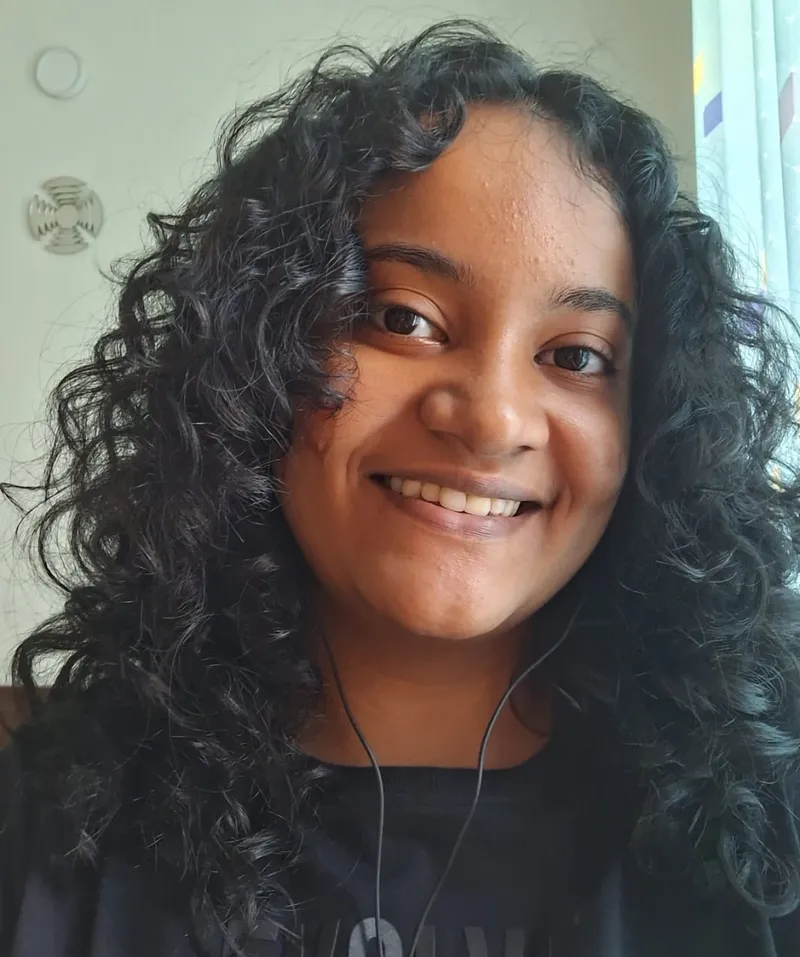
As someone who comes from a dominant caste home, I see that caste in India is an a priori (based on theoretical deduction rather than experience or observation) group.
Our reservation system is mostly built on this understanding and neglects the fact that every caste category has people who live under the poverty line. Equality to me would be people in power understanding these nuances.
Farhat Khan, 23, management studies student, Mumbai
Equality to me is what is promised in the Preamble of the Indian Constitution. It is for everyone—regardless of their religious and cultural backgrounds—to get access to equal rights and finding ways to bridge the gap that prevents this from happening in society.
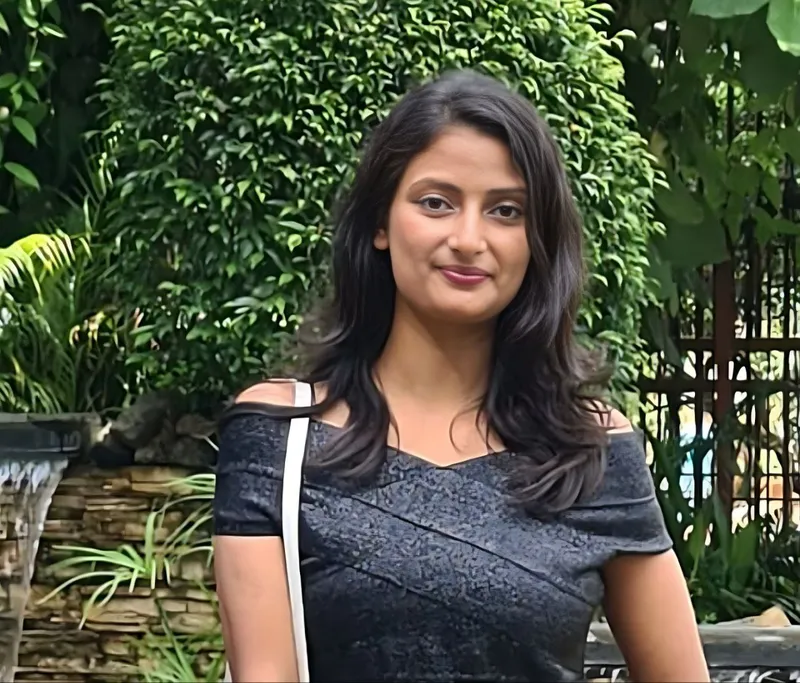
As someone who works with children in the slums of Mumbai, I see that when provisions, such as pre-matric scholarships, are denied to minority students, it directly takes away from us the fundamental rights we are entitled to under the Constitution.
(The story was updated to correct a factual error.)
Edited by Suman Singh


